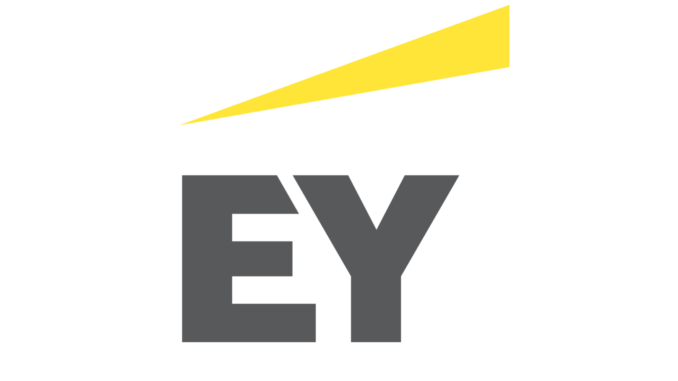
Big Four firm, EY, has announced the launch of its EY Smart Contract Analyzer, a smart contract testing and security service for the public Ethereum blockchain. The application, built by the EY Blockchain Security Lab in Israel, is now entering a private Beta test, and will allow users to monitor smart contracts and tokens for known security risks.
The EY Smart Contract testing service will be integrated into its EY Blockchain Analyzer, the firm’s blockchain analytics, tax and monitoring platform, later in 2019 for general availability.
As readers know, much of the smart contract activity on the Ethererum blockchain would probably not be considered as either ‘smart’ or involving a ‘contract’ as lawyers would see things – however……, things are changing and complex legal contracts with coded elements that engage with a blockchain, including Ethereum, are now a real thing, even if still niche.
For example, OpenLaw, the US-based smart contract company, backed by Consensys and which is in a partnership with RocketLawyer, is primarily aimed at working via the Ethereum blockchain. Its contracts cover a broad spectrum that any commercial lawyer would recognise.
Meanwhile, fellow smart contract pioneer Clause has partnered with ConsenSys company Kaleido, a platform designed to help businesses easily and cheaply create their own private blockchains in conjunction with the Enterprise Ethereum Alliance and Amazon Web Services.
Clause has also just moved out of Beta and is now operating on a fully commercial footing, offering a pay as you go service for law firms and corporate legal teams that want to use the technology.
Both of the above companies have seen significant interest from commercial law firms in utilising their technology for ‘complex smart legal contracts’, as opposed to simple transactional coding often associated with crypto-trading or fairly simple commercial activities taking place via a blockchain.
In short, this means that EY has yet again shown that it’s committed to innovative technology in, or connected to, the legal space. For example, it also recently signed a deal to use legal AI company Luminance for doc review, and bought Thomson Reuters’ LMS group, which has an ongoing agreement with eBrevia/Donnelley Financial, also for AI-powered doc review and analysis.
‘Making public blockchains secure and scalable is a priority for EY.’
One other point here is the reality that although others have already provided similar testing services, one of the world’s largest professional services firms has a dedicated blockchain group that is now building software to help corporate clients make use of smart contracts. This is clearly a vote of confidence in the technology and shows that EY believes there is going to be significant uptake of smart contracts.
Built by the EY Blockchain Security Lab in Israel, the EY Smart Contract Analyzer is designed to test and monitor tokens and contracts both prior to their release and once available on public blockchains. To do this it has developed a list of more than 250 standard tests that cover aspects ranging from known malware and coding errors to standard tests that confirm for investors that tokens are behaving according to accepted industry standards.
The EY service also allows for the development of customised token tests and continuous monitoring for changes.
Paul Brody, EY Global Innovation Leader, Blockchain, said: ‘Our clients are increasingly entrusting key enterprise business processes and valuable investments to software code. We don’t run enterprise computing systems without anti-virus tools and it only makes sense to run blockchain-based investment systems with smart contract and token testing tools.’
In addition to EY Smart Contract Analyzer, EY has announced a suite of other blockchain solutions and upgrades, including the release of the first generation of EY Ops Chain Public Edition into the public domain.
For which Brody added: ‘Making public blockchains secure and scalable is a priority for EY. The fastest way to spread this privacy-enhancing technology was to make it public. The gold standard in security is only achieved with the kind of intense review and testing that comes with public domain releases.’